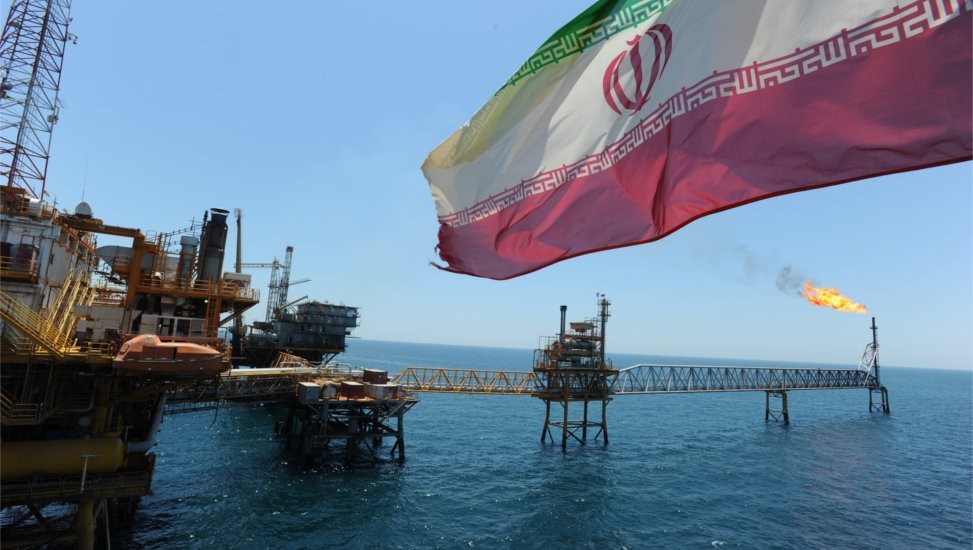
The return of Iran to the global oil markets following the lifting of the sanctions is not showing any improvement in their grand objectives, or not just yet. It’s now six weeks after the nuclear deal that made headlines, allowing Iran to resume their oil sales globally, but the country is not shipping their expected amount of oil. It’s barely exporting a third of the more 500,000 barrels it had vowed to achieve daily.
Iran faces various challenges at every step from overcoming the lingering banking constraints to reviving their output from oil wells that are aging. According to BNP Paribas’ head of marker strategy for commodity, Harry Tchilinguirian, Iran is currently facing short-tem obstacles when it comes to restoring their production, now that sanctions were lifted.
Iran was one of Organization of Petroleum Exporting Counties’ largest producers before the U.S. went ahead to tighten financial sanctions, and Europe banned the nation’s crude oil imports. Bijan Namdae Zanganeh, Iran’s oil minister, has expressed the importance of the country regaining all the lost markets, putting down an initiative between countries represented in OPEC and non members to proceed and freeze production in an aim to bolster prices following the 12-year low.
When the restrictions were still active, Iran had pledge that it would increase its crude export by 50% from its 1 million barrel-a-day once the lifting of the sanctions was effected. However, In February the country only shipped 130,000 barrels extra in a day, bringing its total exports to 1.42 million daily.
Iran’s struggle to get back to its feet and increase crude production is in line with expectations of various watchers, which include Barclays PLC, Group Inc., and Goldman Sachs, who had warned that there would be limitations to the export recovery. In fact, Goldman estimates that the Iran will only boost its production by about 285,000 barrels every day for the entire 2016.
Although the lifting of Iran’s sanctions put the country in a hopeful position, expecting to return to the oil market and increase its production and exports have not come to reach just yet. Their grand promises have not yet been fulfilled, perhaps because of the challenges the country faces.
